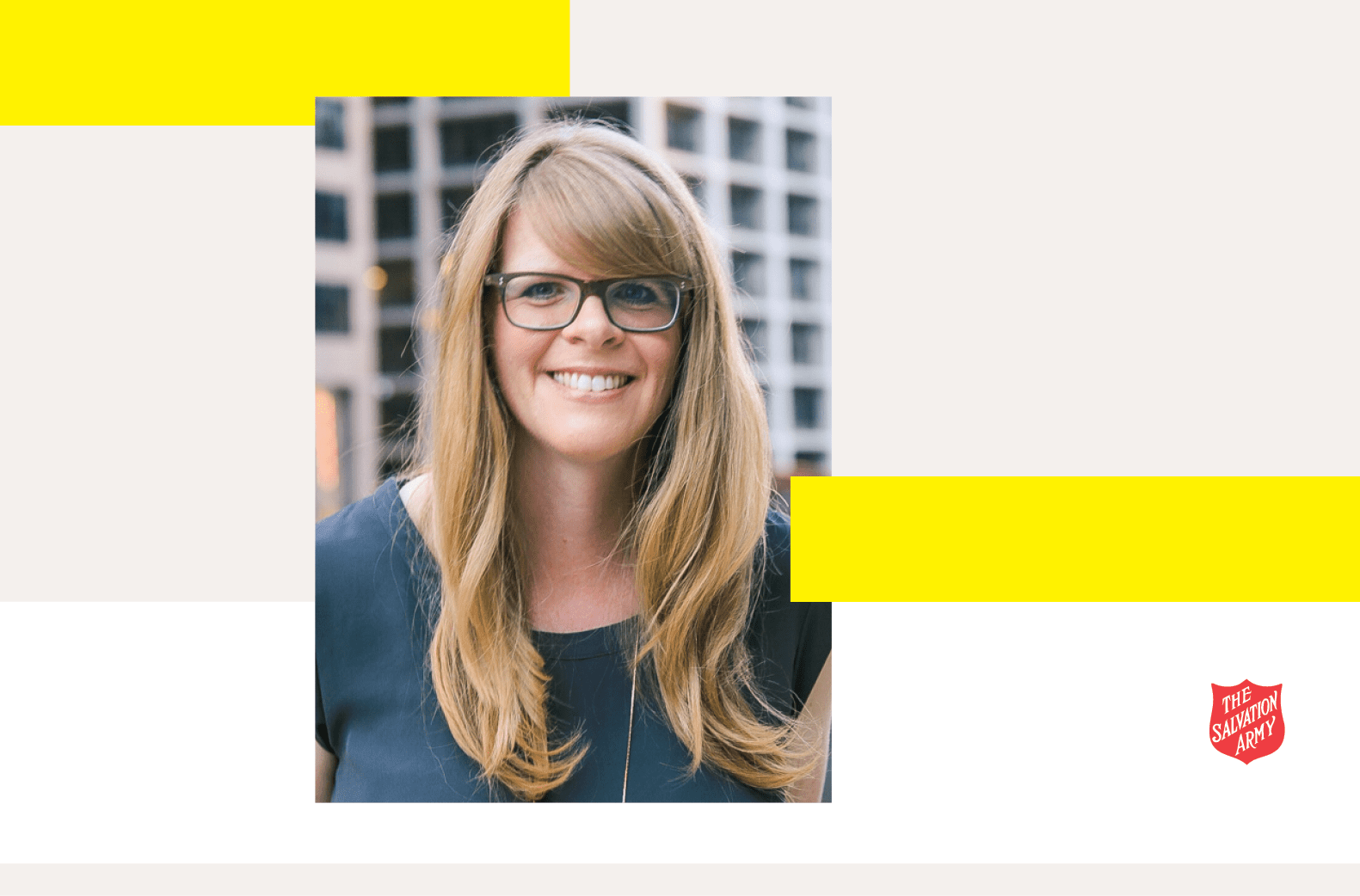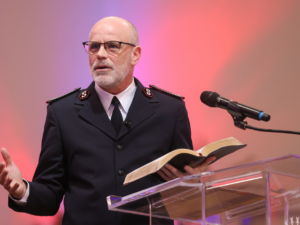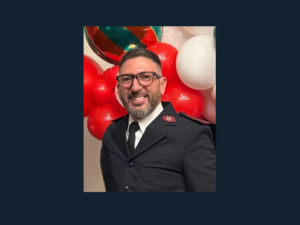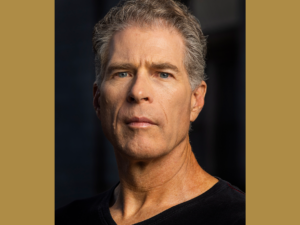Are you living with purpose—your unique purpose?
Are you embracing what’s uncomfortable in order to fulfill your purpose?
As Dr. Deborah Gorton says, every decision involves a loss and a gain. But are you pausing to consider what that loss might be in your daily decisions—and whether or not it is then in line with your purpose?
Gorton is the Gary Chapman Chair of Marriage, Family Ministry, and Therapy at Moody Theological Seminary and Graduate School. She’s the author of a new book: “Embracing Uncomfortable: Facing our Fears While Pursuing Our Purpose.”
She’ll tell you we’re hardwired to seek comfort, but comfort usually doesn’t move us in the right direction.
If you often feel frustrated, anxious and disconnected, there is a better way.
Gorton’s new book has the practical skills to help you pursue and live in your purpose, from practicing the pause to balancing your emotions. And in doing so, you’ll discover the freedom and joy that will fill your life when you begin to see discomfort as an important step toward reaching your goals.
Show highlights include:
- Motivation to write book: Personal experience and years working with clients
- Myth of comfort: Placing identity in the hands of somebody else
- Red flags for defaulting to the idea of comfort: Underlying feeling of disappointment, paying attention to emotions, purpose vs. value
- Idea of purpose: Not what you are doing but who you are being
- Defining purpose and who we want to be: Pausing to reflect on decisions and how they relate to core values
- Evaluating memories in relation to purpose: Reflect on what emotions they evoke
- Role of emotions: No emotion is ever wrong, they are communication tools
- Disciplined pausing: Gives space in creating an accurate perception and perspective
- Value of embracing what’s uncomfortable: Embracing discomfort is what helps us grow
- Healthy community: Diverse community that we intersect with
Good words from Dr. Deborah Gorton in this show:
“We are essentially giving our identity and we believe to be comfortable into the hands of others without really thinking through ‘Is this what I really value most?’”
“We have to be pausing every day and multiple times a day…Do those decisions reflect what is most important to me? Instead of defaulting to the automatic way of living life, we become so much more purposeful in our interactions from the littlest to the biggest.”
“We need to really consider ‘What are our emotions communicating to us and how do they play into this situation?’ Without doing that, oftentimes we can allow emotions to communicate circumstances that may not be accurate. How often have you misinterpreted a person’s words or a situation that caused anger or resentment or bitterness and we didn’t take the time to pause and really consider ‘Is my emotion triggering an honest and accurate reaction or is it triggering something that may not be based on reality?’”
“Choosing to live according to our values and purpose is a choice of our allowing our core principles to address the circumstances that are uniquely ours. The willingness to embrace the brief experience of uncomfortable produces the outcome of decision making based on perception, discernment, clear thinking and intentionality but we have to make space in our lives to see and act on the steps necessary to move us in that direction.”
“We can easily make decisions based on others’ perceptions of us but we can also make decisions based on a false perception of ourselves… When we actually pause and consider all of these things I think it gives us greater insight and awareness into where we are engaging in healthy patterns of behavior and where we might not be.”
“We need to be willing to seek community and we need to be willing to accept community.”
Additional resources:
- Read an excerpt—“The disciplined pursuit of pausing in a world full of ‘Go’”—from Dr. Deborah Gorton’s new book.
- See more in Embracing Uncomfortable: Facing Our Fears While Pursuing Our Purpose (Moody Publisher, 2020) by Dr. Deborah Gorton.
- Visit westernusa.salvationarmy.org to join the fight for good in your community.
- What’s your story? Take our free email course to see why your voice matters and how to find your story.
Download this episode wherever you get your podcasts. Find show notes for this episode and more at caringmagazine.org/podcast. Connect with Dr. Deborah Gorton at debgorton.com.













Comments are closed.